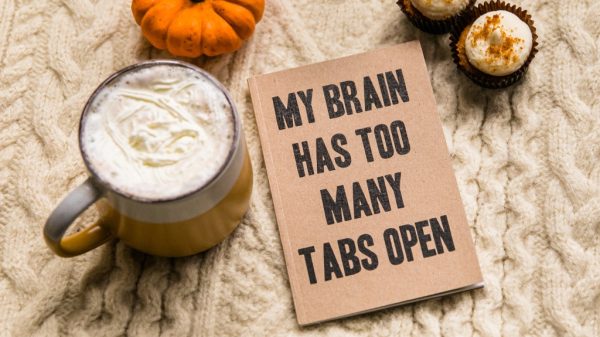Mortgage rates are at the highest they’ve been in over 20 years. High mortgage rates keep new homebuyers out of the market, which is one big concern when the feds raise rates. Homeowners who were fortunate to lock in a low mortgage rate might be feeling pretty good right now, but a mortgage lock in isn’t always a long-term benefit. Here are ways that mortgage lock in has a ripple effect on the housing market.
30-year mortgages are the norm in the US
Most homeowners in the United States opt for a 30-year fixed rate mortgage. This protects them against the ups and downs of the market rate. But think about what happens when someone is ready to move. They have to take out a new mortgage at the current rate. When the current rate is higher than their lock in rate, they may not want to pay more on their mortgage. One expert says that for every 1% increase in mortgage rates, moving rates fall by 9%.
Understanding the mortgage lock in impact
While not moving may not seemingly be a big deal, it really does impact the entire market. Fewer starter homes go on the market, reducing the already low inventory. New homeowners have fewer homes to choose from, driving up the prices on smaller homes that help them get a foothold in the housing market.
Suze Orman said, “The purchase of a residence is one of the most significant financial milestones in your life.”
But a mortgage lock in doesn’t just impact new homeowners. Homeowners who want to move for a job or to take care of family may not have that opportunity if they don’t want to pay current mortgage rates. A lock in keeps the family locked in to a particular home until the rates fall.
Raising the mortgage rates might slow inflation, but there is a serious chain effect in the housing market when mortgage rates are higher. It’s certainly something to think about in the current situation.
Dawn Brotherton is a Sr. Staff Writer at The American Genius with an MFA in Creative Writing from the University of Central Oklahoma. She is an experienced business writer with over 10 years of experience in SEO and content creation. Since 2017, she has earned $60K+ in grant writing for a local community center, which assists disadvantaged adults in the area.













































